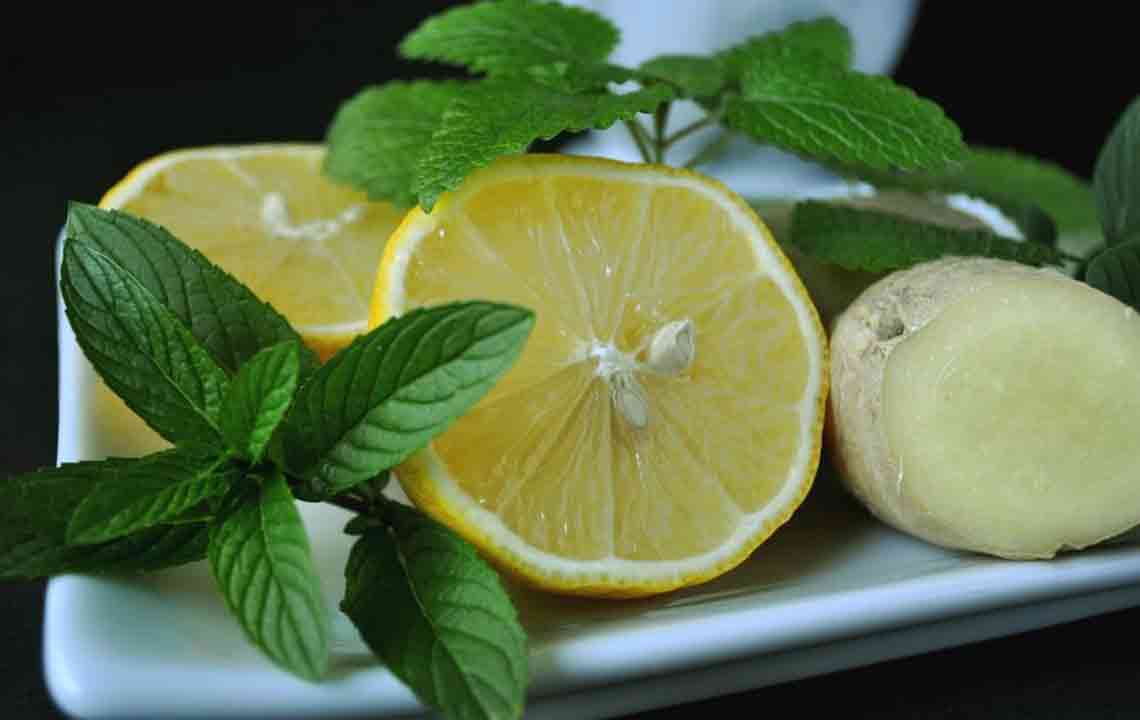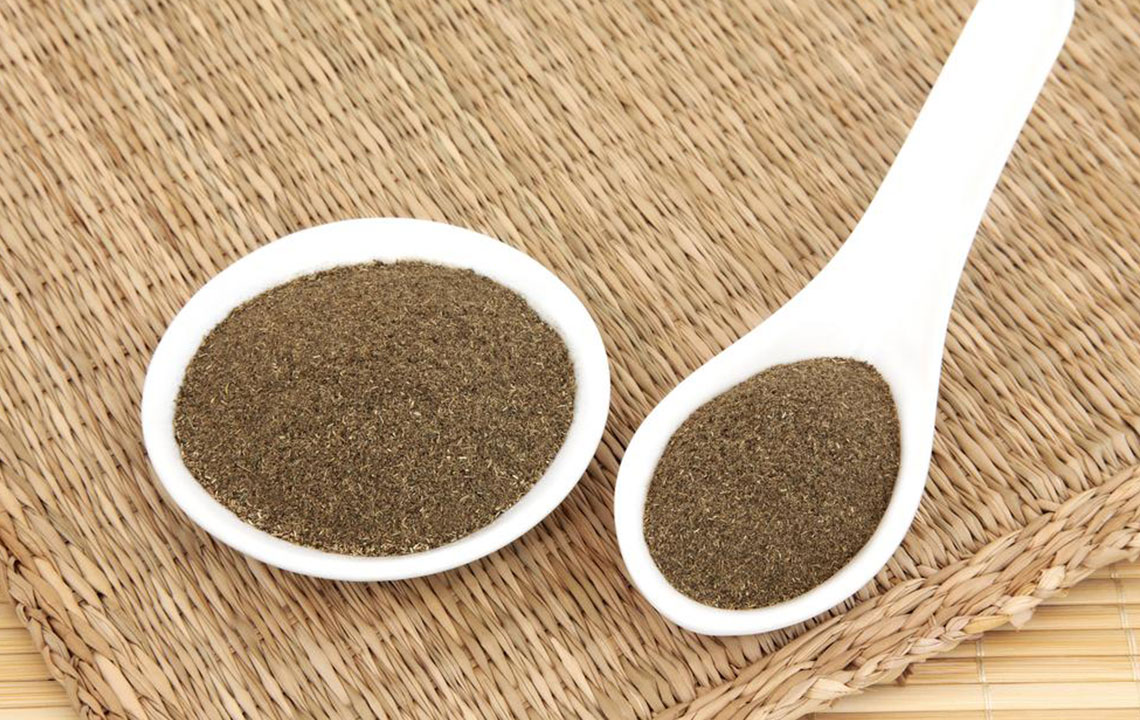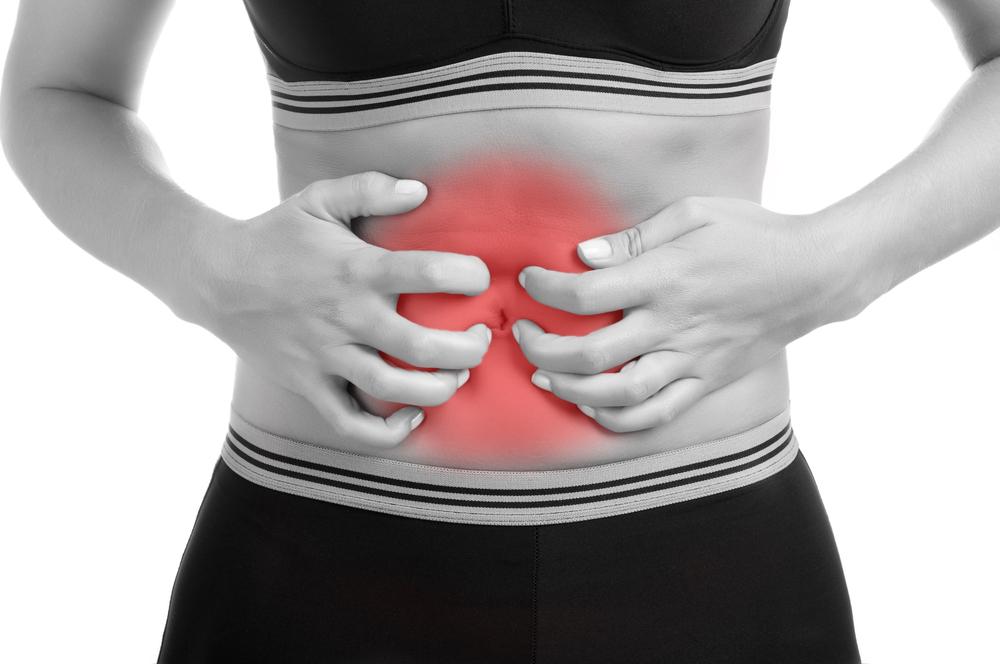Comprehensive Strategies to Effectively Alleviate Abdominal Bloating
This comprehensive guide explores effective methods to reduce abdominal bloating through dietary adjustments, lifestyle habits, and natural remedies. It highlights identifying food triggers, adopting low-FODMAP diets, limiting gas-producing foods, and other practical tips. Implementing these strategies can alleviate discomfort, promote better digestion, and improve overall gastrointestinal health. Suitable for individuals suffering from recurrent bloating or digestive discomfort, this detailed article offers actionable advice to enhance gut health naturally and safely.

Comprehensive Strategies to Effectively Alleviate Abdominal Bloating
Proven methods to reduce gastrointestinal bloating
Experiencing a swollen or distended stomach after meals is a common concern that affects many individuals worldwide. This condition, often referred to as bloating, can be uncomfortable and distressing, impacting daily life and overall well-being. While occasional bloating can often be attributed to dietary choices or lifestyle habits, recurrent or severe bloating may sometimes indicate underlying health issues requiring medical attention. However, in many cases, simple dietary modifications, lifestyle changes, and natural remedies can significantly reduce or eliminate this problem.
To effectively manage and prevent bloating, it is essential to understand its causes and adopt practical strategies. Here are some comprehensive tips and effective methods to combat abdominal bloating:
Identify and Eliminate Food Triggers:
Many individuals experience bloating due to food intolerances or sensitivities. Common culprits include lactose—the sugar found in dairy products—gluten found in wheat, barley, and rye, fructose (a natural sugar present in fruits), eggs, and wheat-based products. Identifying specific food triggers can dramatically reduce bloating episodes. Consulting a healthcare professional or a registered dietitian through tests such as elimination diets or allergy screenings can help pinpoint these problematic foods. Once identified, removing or reducing these foods from your diet can lead to significant relief.
Adopt a Low-FODMAP Diet:
For individuals with irritable bowel syndrome (IBS), a low-FODMAP diet has shown evidence-based benefits. FODMAPs are fermentable oligosaccharides, disaccharides, monosaccharides, and polyols that are poorly absorbed in the gut, leading to fermentation and gas production. Foods high in FODMAPs include apples, artichokes, beans, broccoli, cabbage, garlic, onions, pears, watermelons, and wheat-based products. Limiting these foods can significantly reduce gastrointestinal symptoms like bloating, cramps, and constipation, improving overall digestive comfort.
Limit Gas-Forming Foods and High-Fiber Intake:
While fiber is important for digestive health, excessive intake—especially from gas-producing foods—can worsen bloating. Legumes such as beans and lentils, whole grains, and certain vegetables like broccoli and cabbage contain high levels of fermentable fibers. Fatty foods can also delay stomach emptying, leading to increased bloating. It's advisable to balance fiber intake, focusing on easily digestible sources and limiting high-FODMAP vegetables if necessary. Gradually increasing fiber can help your body adapt without causing excessive gas buildup.
Eat Smaller, More Frequent Meals:
Overeating or consuming large meals can quickly lead to bloating and discomfort. Instead, opt for smaller portions spread throughout the day. Chewing food thoroughly enhances digestion by breaking down food more efficiently and reducing air swallowing. For those prone to bloating, multiple smaller meals can prevent excessive gas accumulation and promote better digestion, improving comfort after eating.
Avoid Carbonated and Fizzy Drinks:
Carbonated beverages contain dissolved carbon dioxide, which can lead to increased gas in the stomach, causing bloating and discomfort. Drinking through a straw, eating quickly, and chewing gum can also introduce air into the digestive system, further contributing to bloating. Opting for non-carbonated drinks, herbal teas, or water can help minimize gas buildup in the gastrointestinal tract.
Be Mindful of Sugar Alcohols and Artificial Sweeteners:
Sugar alcohols like sorbitol, mannitol, xylitol, and erythritol are often used in sugar-free gums, candies, and processed foods. While they are lower in calories, these substances are poorly absorbed in the gut and can ferment, producing gas and bloating. Erythritol tends to be better tolerated, but consuming any sugar alcohols in moderation is advisable to prevent digestive upset.
Use Digestive Enzymes:
Supplementing with digestive enzymes like alpha-galactosidase (e.g., Beano) and lactase can help break down complex carbohydrates and lactose, respectively. These enzymes facilitate digestion, reducing the amount of undigested food fermenting in the gut, which can lead to gas and bloating. Incorporating digestive enzymes into your meals—especially those containing beans, dairy, or high-FODMAP ingredients—can significantly improve digestive comfort.
Address and Prevent Constipation:
Constipation is a common cause of bloating, as it leads to the accumulation of stool and increased abdominal pressure. To promote healthy bowel movements, ensure adequate fiber intake through fruits, vegetables, and whole grains. Staying well-hydrated, engaging in regular physical activity, and, if necessary, using magnesium supplements can help soften stools and facilitate bowel movements, thereby decreasing bloating caused by stagnation.
Incorporate Natural Remedies Like Peppermint Oil:
Peppermint oil has well-documented antispasmodic properties. It relaxes the muscles of the gastrointestinal tract, alleviating spasms and reducing bloating, especially in cases of IBS. Drinking peppermint tea or taking enteric-coated peppermint oil capsules can provide relief for many individuals suffering from bloating and abdominal discomfort.
Consume Probiotics and Support Gut Health:
Healthy gut bacteria play a vital role in digestion and gas regulation. Including probiotic-rich foods such as yogurt, kefir, sauerkraut, and kimchi, or taking probiotic supplements, can restore and maintain a balanced gut microbiome. Improved gut flora can enhance nutrient absorption, reduce gas production, and decrease bloating overall.
By integrating these practical strategies into your daily routine, you can effectively manage and reduce abdominal bloating. Remember, persistent or severe bloating warrants consultation with a healthcare professional to rule out underlying conditions and receive tailored advice. Overall, a combination of dietary awareness, lifestyle modifications, and natural remedies can significantly improve digestive comfort and quality of life.





